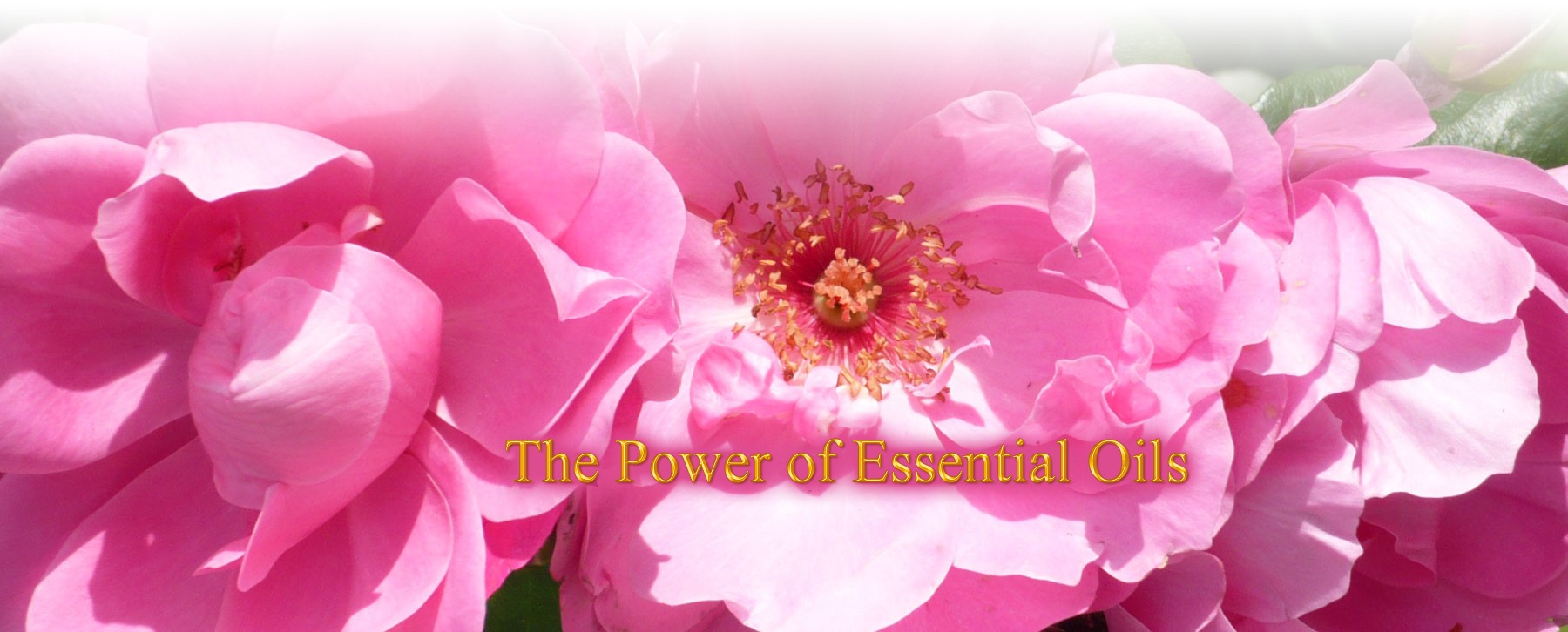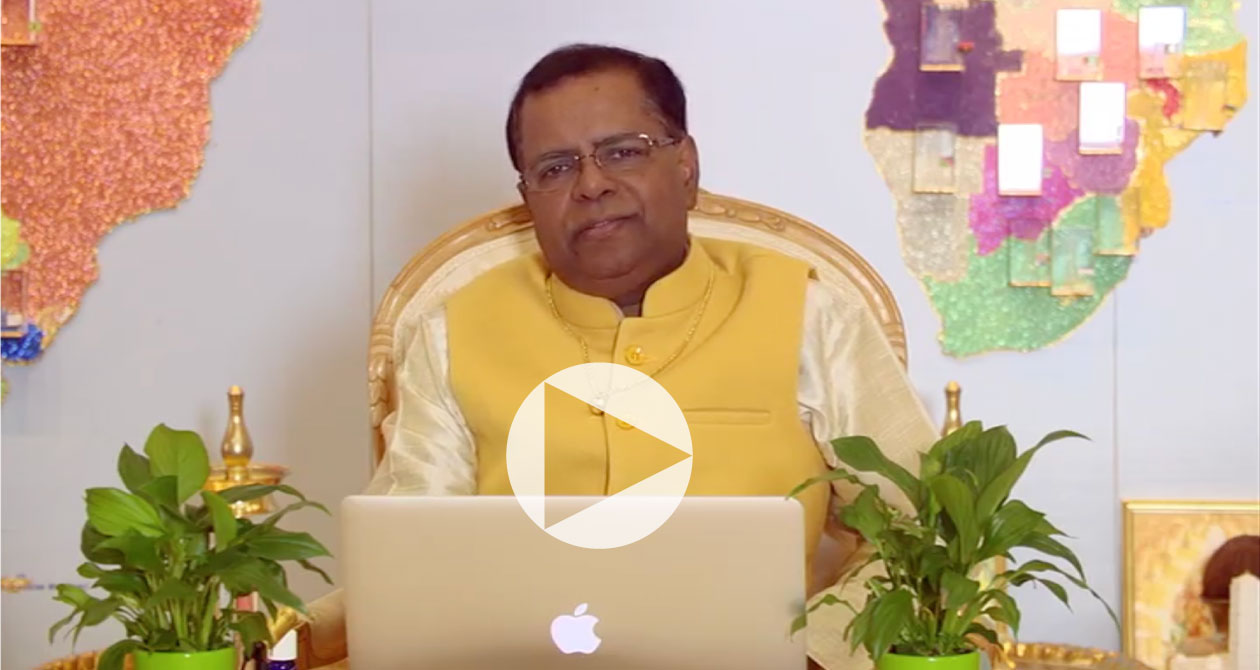The Power of
Essential Oils
Aromatics have been used for religious, medicinal, and cosmetic purposes for thousands of years, in the ancient culture of India—as found in Vedic Literature—in ancient China, Egypt, Babylon, and in the Greek and Roman civilizations up to the Middle Ages. They found a revival in the 20th century with the French chemist Gattefosse and the French doctor Valnet, the fathers of modern aromatherapy.
Historic records give us detailed descriptions of how medicinal plants have been used for fumigations, pills, powders, ointments and infused oils and give us interesting recipes for their use for the treatment of many diseases.
Aromatherapy
Today we define Aromatherapy as the skilled and controlled use of purest, highest quality essential oils—the volatile substances of aromatic plants—to promote holistic psychological and physical health and well-being.
The Essence, Life Force, or Soul of the Plant
The essential oil—the essence, life-force, or soul of the plant—is present in tiny sacs or globules (in the flowers and leaves of the plant) or in the fruits, branches, needles, seeds, root, or rind of the plant and is obtained by the methods of steam distillation, or by expression or solvent extraction.
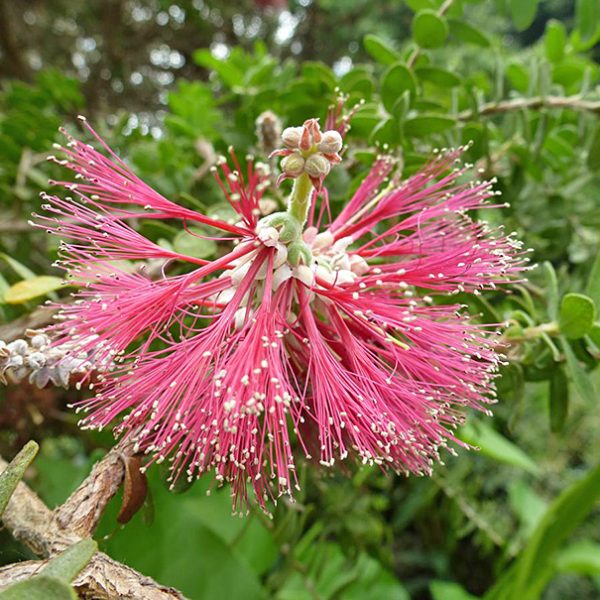
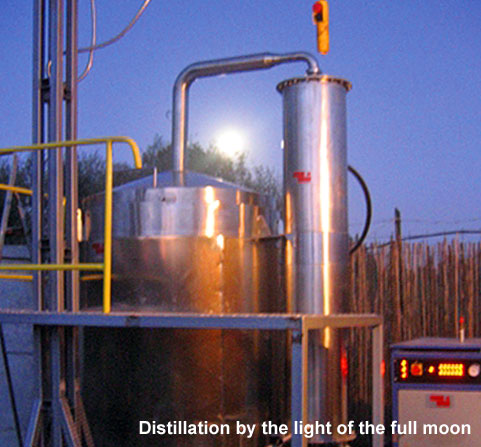
Distillation—Ancient and Modern
The method of distillation of essential oils is said to have been invented only about 1,000 years ago (by an Arabic physician named Avicenna), but vessels found in Egyptian tombs and a still in a museum in Pakistan—judged by experts to be 5,000 years old and belonging to the ancient Indus Valley culture—lead us to think that it was already known in these advanced cultures, that this method was later lost and was then rediscovered.
Extraction of Essential Oils
The extraction of most essential oils is carried out by means of distillation. The plant material is loaded into the still, which is in effect a giant pressure cooker. Steam is passed under pressure through the plant material, and the heat causes the globules of essential oil to burst open. The oil quickly evaporates. The steam or water vapour and the essential oil vapour then pass out from the top of the still and along a pipe which is watercooled. This condenses the vapours back into liquids. It is then an easy matter to separate the water from the essential oil, since they don’t mix, and the essence naturally floats on top of the water.
Most Rare & Precious
For one kilogram of essential oil of Rosa Damascena 4000 kilogram of fresh rose petals need to be distilled.
Certified organic cultivation of Rosa Damascena growing on Maharishi Vedic Farm at the famous Valley of the Roses in Turia, Bulgaria.
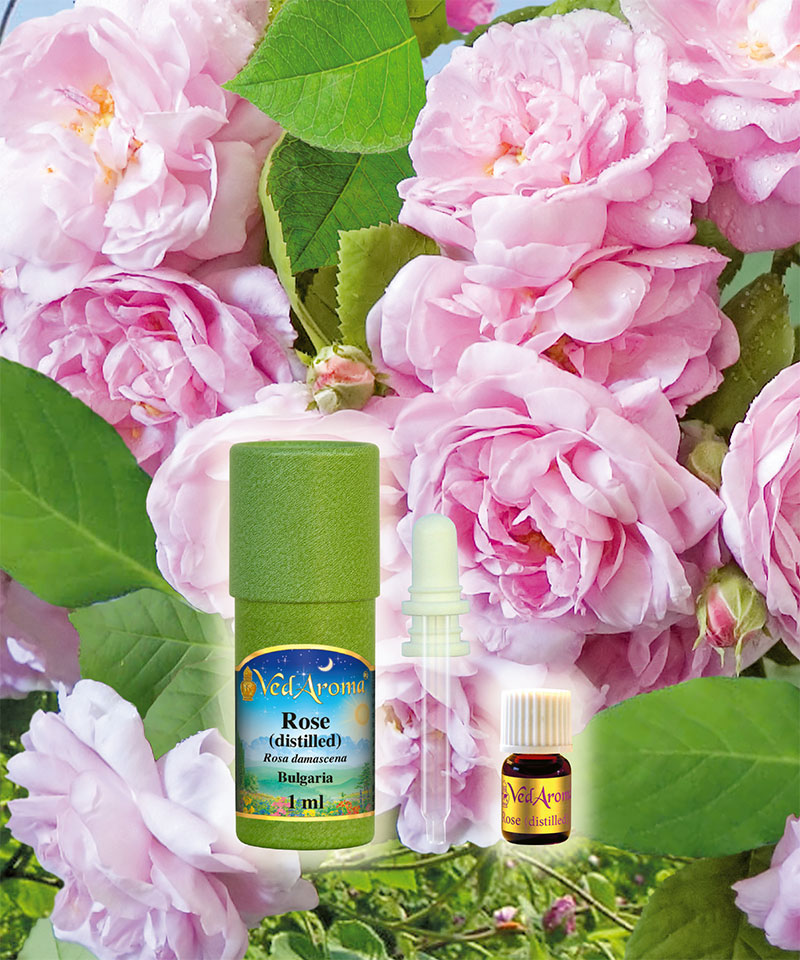
Manohar Palakurthi on Rose Rosa Damascena – Video (33,16 min)
Vaidya Manohar Palakurthi, BAMS, Clinical Professor of Physiology and Health, Ayurvedic Physician, Natural Medicine and Prevention
Vaidya Manohar Palakurthi, BAMS, is a highly respected Ayurvedic expert in the western world and India. He has been practicing AyurVeda for 33 years. Vaidya Manohar is a leading Ayurvedic physician, educator, and Ayurvedic curriculum consultant.
Vaidya Manohar Palakurthi is a leading Maharishi AyurVeda expert in the consciousness-based approach to health – having worked directly with Maharishi for three decades.
Vaidya Manohar has taught Maharishi AyurVeda courses, including Maharishi Nadi Vigyan, all over the world, and currently teaches at Maharishi University of Management, USA.
He consults for Maharishi AyurVeda course development for physicians in the USA, Japan, and Europe, and for the development of Maharishi AyurVeda herbal products.
Yields from Raw Materials

Use Only the Highest Quality
More than 200 essential oils in stock

Essential Oils are Very Powerful Substances
They are able to influence our physical, mental and emotional well-being in a very profound way.
They can quickly uplift us, cheer us up; calm and relax us; enliven, motivate and inspire us; harmonize and balance our emotions; dispel tensions, anxieties, headaches, cramps, and tiredness; improve appetite, digestion, sleep, concentration, memory, mental clarity, willpower, creativity, and self-confidence; promote bliss and feelings of euphoria, and more.

The Nature of the Sense of Smell
The sense of smell is the oldest of our senses (hearing and seeing are younger senses). Smelling takes place through approximately ten million olfactory nerve cells of the mucous membrane at the root of our nose. This mucous membrane is the only place in the body where the central nervous system is open and in direct contact with the outer world. Its cells are brain cells. Their eighty million fine hair cells gather an unimaginably large amount of information with each breath that we take.
